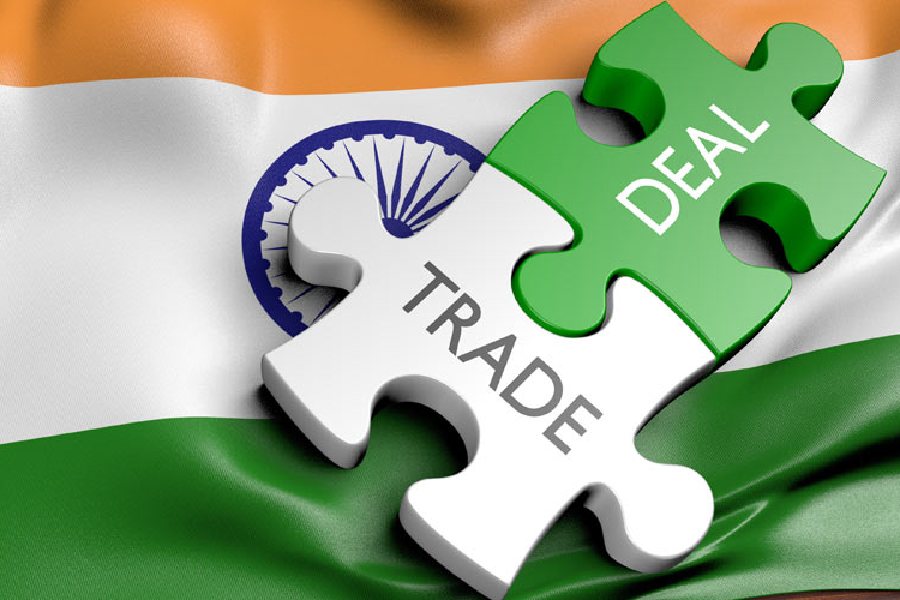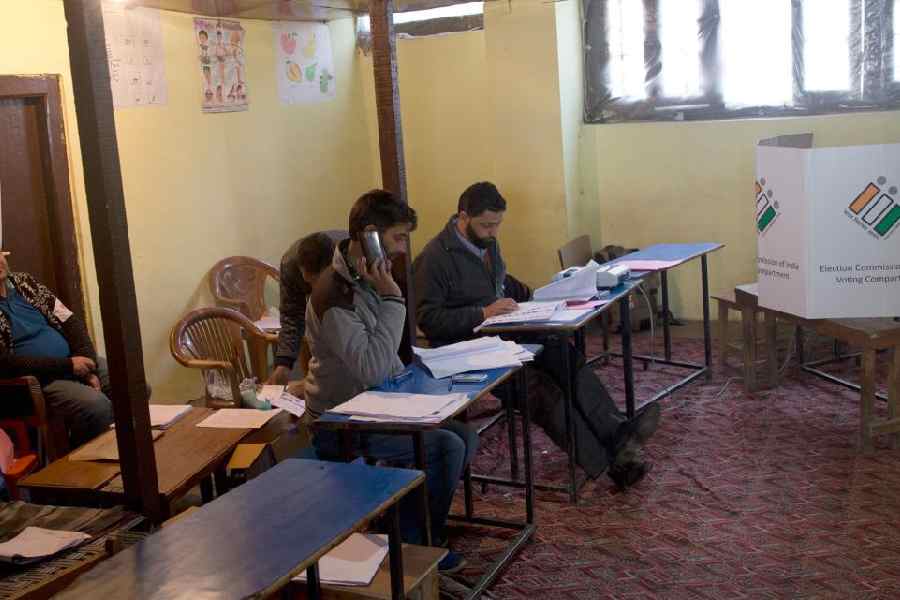The European Parliament this week adopted a resolution that calls for placing human rights and democracy at the heart of the European Union’s engagement with India while condemning "acts of violence, increasing nationalistic rhetoric and divisive policies".
The resolution iterates that any Free Trade Agreement with India should be based on a prior, thorough, effective and comprehensive human rights and sustainability impact assessments conducted by both sides, with particular consideration for the potential impact on the most vulnerable groups. Also, it specifically states that civil society organisations including trade unions and human rights defenders should be consulted during negotiations for any major bilateral agreement.
The Parliament resolution urges the European Union to insist that India, as a founding member of the United Nations and a current member of the UN Human Rights Council, acts on all recommendations of its Universal Periodic Review process. This includes accepting and facilitating the visits of UN special procedures and cooperating closely with them, most of whom have till date not been allowed to visit the country since 1999.
While welcoming the passage of the Women’s Reservation Bill, the resolution seeks to impress upon the European Union the need to work jointly with India to secure a safe and democratic environment for human rights and environmental defenders, indigenous people and Dalit rights defenders, political opponents and trade union activists, journalists and other civil society actors.
Also, according to the resolution, the EU should work with India to stop invoking laws against sedition, foreign funding and terrorism as a means to restrict legitimate activities of human rights defenders, secure the release of all political prisoners, and stop blanket restrictions on Internet access.
The resolution also expects that "operations of EU-based companies in or with India are strictly in line with relevant EU legislation, including the future directive on corporate sustainability and due diligence and the future regulation on forced labour’’. They should take steps to ensure that all EU-related business activities involving extractive industries include a robust and fair consultative framework which conforms with the right to free, prior and informed consent of any indigenous peoples impacted.
The 12-page resolution dwells on other aspects of the EU-India relationship and calls for deepening the partnership, recognising India’s growing regional and global significance.











